Premium Only Content
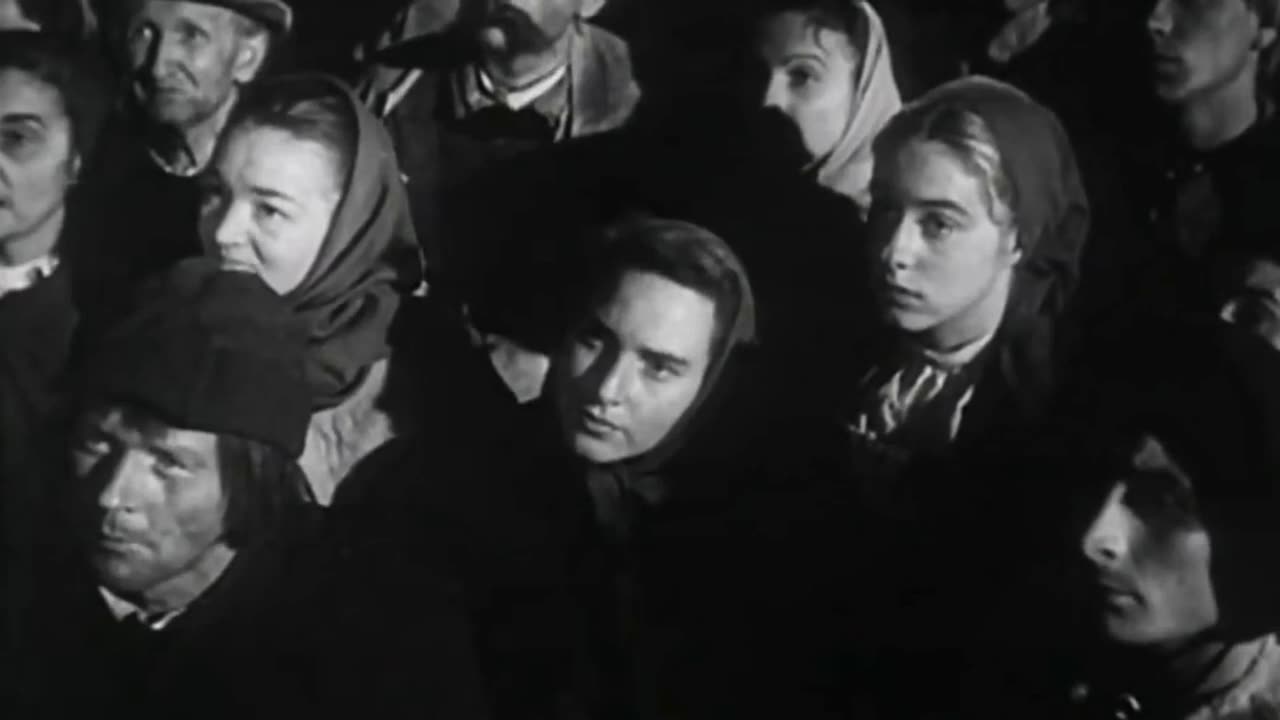
Bye Bye Love Just What I Needed Dangerous Type The Cars
Bye Bye Love Album: The Cars (1978)
Just What I Needed Album: The Cars (1978)
Dangerous Type Album: Candy-O (1979)
by The Cars
"Bye Bye Love," written by Ric Ocasek, is the seventh track from the group's debut album, The Cars. Benjamin Orr does the lead vocals here - he and Ocasek shared lead vocal duties in the group.
This is is not at all to be confused with the song of the same title by The Everly Brothers (and covered by Ray Charles, Simon & Garfunkel, and others). The Everly Brothers song implies a comma: "Bye Bye, Love" where The Cars is: "Bye, Bye Love."
The Everly's hit is very straightforward: the guy has lost his girl and he's heartbroken. Ric Ocasek didn't write like that: his songs were full of contradictions and ambiguity. This one is more chaotic than most, as we hear the singer losing his mind and blaming it on the girl:
Substitution mass confusion
Clouds inside your head
Well, foggin' all my energies
Bye Bye Love has been used in the HBO TV series Big Love in the 2010 episode "The Sins of the Father," where it was chosen for having an '80s sound. Since the song was written and released in 1978, that tells you how far The Cars were looking ahead. The song also appears in the movies Super 8 (2011) and 7 Chinese Brothers (2015).
In Frank Moriarty's Seventies Rock - The Decade of Creative Chaos, it is noted that "The clever melding of disparate elements that characterized 1978's The Cars led to an astonishing success for the band, chiefly because the stodgy album-oriented radio stations - which had in large part attempted to ignore punk and New Wave - finally were confronted with new music that they couldn't help but play."
When the album was released in June 1978, the #1 song in America was "You're The One That I Want" from Grease, followed by Shadow Dancing by Andy Gibb. America had Saturday Night Fever and there seemed to be no cure, so getting something not-disco on the charts at all was a spectacular achievement.
Cars leader Ric Ocasek wrote Just What I Needed in a basement at a commune in Newton, Massachusetts, where he lived at the time. At least that's the story he told - he also said that all written words are fiction.
"Just What I Needed" is a classic example of his skewed sense of humor and sly lyrical touch. It seems very sweet when he's telling the girl she's just what he needed and letting her know he's happy to have her wasting his time. But then he gets to the chorus:
I guess, you're just what I needed
I needed someone to feed
I guess, you're just what I needed
I needed someone to bleed
Someone to feed? Someone to bleed? Ocasek kept things interesting by keeping the characters in his songs a little unhinged at times.
This established The Cars as one of New Wave's leading hitmakers and helped get them a deal with Elektra Records. They recorded a 2-track demo of the song that their manager brought to two popular Boston radio stations: WBCN and WCOZ. This ploy rarely works, but the group had built a following in the area and the song was very radio-friendly. Both stations played it and listeners loved it; on WBCN, it became the most-requested song by a local band in the history of the station.
With a song on the radio in a major market, The Cars were a surefire success and had their pick of record labels. They went with Elektra, who had them re-record the song and released it as their first single.
Ric Ocasek was The Cars' frontman, but he had bass player Ben Orr sing lead on this one. Unlike some singers, Ocasek had no problem handing off a hit to a different bandmember to sing: Orr, who died of pancreatic cancer in 2000, also got the lead on "Drive."
This is a very catchy song, with verses that are basically a pre-chorus. The first two stanzas repeat twice:
I don't mind you comin' here
And wastin' all my time
'Cause when you're standin', oh so near
I kinda lose my mind
It's not the perfume that you wear
It's not the ribbons in your hair
And I don't mind you comin' here
And wastin' all my time
The song keeps a formidable energy throughout, making it suitable for repeated listens. It endured as a Cars favorite and a staple on classic rock radio.
This was produced by Roy Thomas Baker, an Englishman best known for his work with Queen. The Cars were an American group, but they sought out a British producer because they tended to be more adventurous and didn't strive for hit singles. With Baker, the man who produced "Bohemian Rhapsody," they knew they could experiment in the studio.
Seven years after it was first released, this made its second appearance on a single - this time as the B-side of the Cars' last Top 10 hit, "Tonight She Comes."
This song was used in the opening credits of the 1999 Oscar-winning film Boys Don't Cry, starring Hilary Swank
Step Sisters (2018)
Sky High (2005)
200 Cigarettes (1999)
And in these TV shows:
Bob's Burgers ("The Hormone-iums" - 2016)
WKRP in Cincinnati ("Preacher" - 1979) >>
This is one of the songs The Cars performed at Live Aid; they played the Philadelphia stage.
In 2005, the now-defunct electronics chain Circuit City used the ad slogan "just what I needed" and ran ads using it with this song.
"Dangerous Type" is a 1979 song by the Cars from their second studio album, Candy-O. It was written by Ric Ocasek.
The core guitar riff that "Dangerous Type" is centered on resembles the T. Rex song, "Bang a Gong". The song features Ric Ocasek on lead vocals. AllMusic critic Tom Maginnis compared the song to "All Mixed Up", a track on The Cars' self-titled debut album, as they both were the final track on their respective albums, with both tracks "vamping on an upsweep of grand chord changes as the group's entire sonic palette eventually fills the tape to capacity for the big finish."
Although "Dangerous Type" never was released as a single, the song has since become a fan favorite. It has appeared on numerous compilation albums, among them Just What I Needed: The Cars Anthology and Complete Greatest Hits.
"Dangerous Type" has received positive reception from music critics. AllMusic critic Greg Prato said it was one of the "plenty of other standouts [besides "Let's Go" on Candy-O that] can be found" and cited the track as a highlight from Candy-O. Tom Maginnis said, "'Dangerous Type' is the Cars' idea of a musical epic", and went on to say, "After the impossibly infectious leadoff single 'Let's Go,' 'Dangerous Type' would become the album's second-biggest hit." Classic Rock History critic Brian Kachejian rated it as the Cars' 9th greatest song, praising the way "the sound of the drums, bass, keyboards, and guitar all blend together so nicely without losing their distinctive sounds." In the Just What I Needed: The Cars Anthology liner notes, Brett Milano said, "'Let's Go' and 'Dangerous Type' [stood] out as the best of [Ric] Ocasek's enigmatic-woman songs." Rolling Stone rated it as one of the Cars' 17 essential songs, with critic Elias Leight saying that "Ocasek uses repetition for maximum impact" and "runs through the four-line hook 10 different times in four and a half minutes.
In 1996, Letters to Cleo recorded a cover of "Dangerous Type" for the movie, The Craft.
The song was covered by Johnny Monaco for the tribute album Substitution Mass Confusion: A Tribute to The Cars.
Ric Ocasek: rhythm guitar, lead vocals
Benjamin Orr: bass guitar, backing vocals
Elliot Easton: lead guitar, backing vocals
Greg Hawkes: keyboards, backing vocals
David Robinson: drums
-
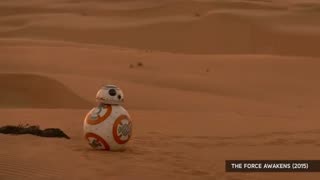 15:39
15:39
Psychological operations
2 days agoFake Plastic Trees Jigsaw Falling Into Place Paranoid Android Radiohead
28 -
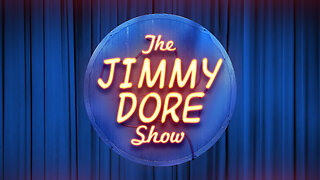 LIVE
LIVE
The Jimmy Dore Show
39 minutes agoSnoop Dogg Is DONE w/ LBGTQ+ Propaganda In Kids Movies! Trump Outlaws Burning the U.S. Flag!
4,473 watching -
 1:28:57
1:28:57
Kim Iversen
1 hour agoSomeone Stole Kim's Identity — And Bought a Car! | Dr Drew Pinsky On Sex, Drugs & Censorship
4.5K15 -
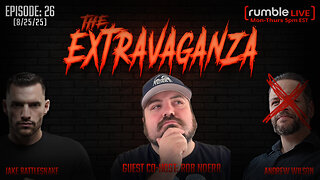 DVR
DVR
TheCrucible
2 hours agoThe Extravaganza! Ep. 26 (with special guest host Rob Noerr) 8/25/25
30.5K3 -
 7:35
7:35
Tundra Tactical
1 hour agoI Can’t Believe I’m Saying This… 2011’s Are Actually COOL Now?! 🤯
-
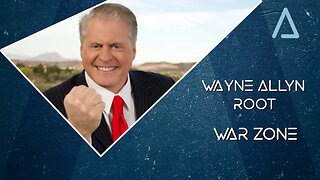 LIVE
LIVE
Wayne Allyn Root | WAR Zone
4 hours agoWAR Zone LIVE | 25 AUGUST 2025
112 watching -
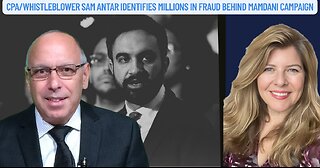 LIVE
LIVE
Outspoken with Dr. Naomi Wolf
3 hours ago"CPA/Whistleblower Sam Antar Identifies Millions in Fraud Behind Mamdani Campaign"
73 watching -
 41:26
41:26
Kimberly Guilfoyle
3 hours agoMaking DC Safe Again, Live with Daily Signal's Tyler O'Neil | Ep249
59.6K16 -
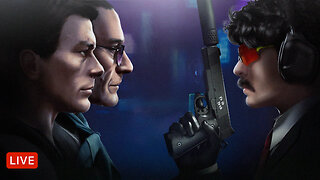 LIVE
LIVE
Dr Disrespect
7 hours ago🔴LIVE - DR DISRESPECT VS. JEAN-CLAUDE VAN DAMME - HITMAN
1,271 watching -
 32:43
32:43
Uncommon Sense In Current Times
4 days agoAre Women’s Sports Under Attack? | Penny Nance on Protecting Title IX & Biblical Truth
9.57K